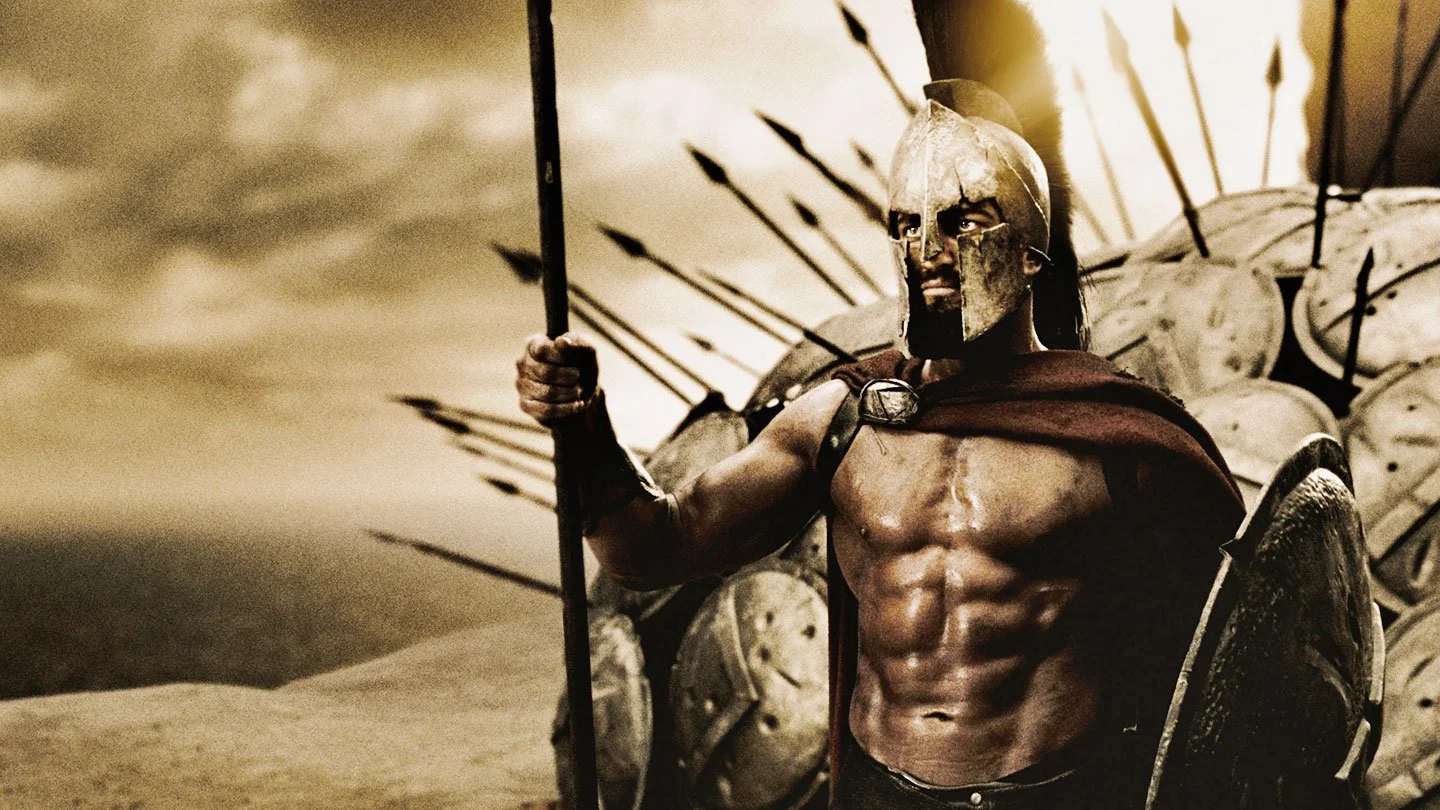The Spartan Face of Japan: A Traditionalist's Dilemma
Japan's traditionalist ethos, from samurai to modern politics, is defined by a fear of change.
Why a fear of change continues to define Japanese politics
Sparta and ancient Athens, two faces of ancient Greece, represented opposing ideals. While Athens was a bustling hub of democracy, commerce, and individualism, Sparta was its militaristic, collectivist, and authoritarian counterpart. Reading Karl Popper's The Open Society and Its Enemies, I've found striking, if polite, parallels between ancient Sparta and modern Japan, particularly in their shared fear of change.
Plato, a great admirer of Sparta, viewed social change as a dangerous descent from a "golden age." He believed that societies, like nature, tend toward disorder, and thus change must be minimized to maintain stasis. The Spartans took this to heart, banning commerce and private property. Boys were taken from their homes at a young age and raised as warriors for the state. Loyalty and communal living were prized above all else, and social mobility was nonexistent, as Plato saw it as a catalyst for revolution.
This Spartan ethos, with its emphasis on group cohesion and its deep-seated aversion to flux, finds a reflection in the Japanese samurai spirit and in the Shinto-inspired search for purity. Writers like Yukio Mishima, in his novel Runaway Horses, have explored this obsession with preserving a pure, essential Yamato Spirit, believing that any deviation represents a degradation of that essence.
The Japanese attitude towards change isn’t without reason. Japan has been a victim of too much change, from the arrival of the "Black Ships" to the devastating atomic bombs. As a result, its natural inclination is to slow down change and preserve the status quo. This is what makes Prime Minister Shinzo Abe’s approach so fascinating. While he seems to share the traditionalist view that Japan is straying from its core essence, he finds himself in a contradictory position: he needs to change a favorable status quo to recapture that very essence.
Abe embodies the "historicist" dilemma. Historicists, like Plato, Marx, and Hitler, believe they can identify iron laws of history, yet also comfort themselves with the idea that "Great Men" can break these laws in exceptional circumstances. Abe may see himself as the "Great Man" needed to reverse Japan’s spiritual decline, a belief that echoes the nationalist sentiment of the 1930s and the 19th-century traditionalists who rebelled against the Meiji Restoration.
But this path requires ignoring reason, a concept not highly valued in tribally inclined societies like Sparta and Japan. In these societies, reason is often seen as a dangerous agent of change. This can lead "Great Men" to engage in suicidal behavior, such as believing that spirit is more important than military materiel. The ultimate act of this self-destructive logic is to reframe national suicide as a desirable goal. It's a path both Germany and Japan's leaders followed in the 1930s and 40s.
Fortunately, Japan today is neither poor nor decadent enough to fall prey to such extreme ideologies. The economic "Bubble" is a distant memory, and with a population where half are over 50, many are too old for revolutionary fervor. That's not to say nationalist fundamentalists won't try. They often make a virtue of being willfully ignorant. However, I hope my middle-aged Japanese friends, who are content with their comfortable lives and families, will prevent any such reckless ambitions from taking hold.

